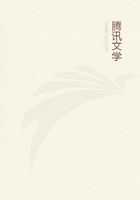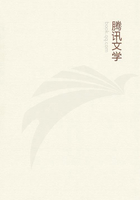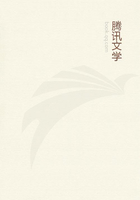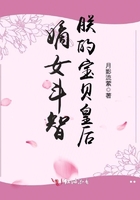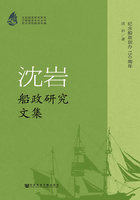"The proposition that the electors when they compose the whole of the community cannot have an interest in voting against the interest of the community will be found on examination to have more sound than meaning in it. Though the community as a whole can have (as the terms imply) no other interest than its collective interest, any or every individual in it may. A man's interest consists of whatever he takes an interest in. Everybody has as many different interests as he has feelings; likings or dislikings, either of a selfish or of a better kind. It cannot be said that any of these, taken by itself, constitutes 'his interest'; he is a good man or a bad according as he prefers one class of his interests or another. A man who is a tyrant at home will be apt to sympathise with tyranny (when not exercised over himself): he will be almost certain not to sympathise with resistance to tyranny. An envious man will vote against Aristides because he is called the just. A selfish man will prefer even a trifling individual benefit to his share of the advantage which his country would derive from a good law; because interests peculiar to himself are those which the habits of his mind both dispose him to dwell on, and make him best able to estimate. A great number of the electors will have two sets of preferences- those on private and those on public grounds. The last are the only ones which the elector would like to avow. The best side of their character is that which people are anxious to show, even to those who are no better than themselves. People will give dishonest or mean votes from lucre, from malice, from pique, from personal rivalry, even from the interests or prejudices of class or sect, more readily in secret than in public. And cases exist- they may come to be more frequent- in which almost the only restraint upon a majority of knaves consists in their involuntary respect for the opinion of an honest minority. In such a case as that of the repudiating States of North America, is there not some check to the unprincipled voter in the shame of looking an honest man in the face? Since all this good would be sacrificed by the ballot, even in the circumstances most favourable to it, a much stronger case is requisite than can now be made out for its necessity (and the case is continually becoming still weaker) to make its adoption desirable."*
* Thoughts on Parliamentary Reform, 2nd ed. pp 32-36.
On the other debateable points connected with the mode of voting it is not necessary to expend so many words. The system of personal representation, as organised by Mr. Hare, renders necessary the employment of voting papers. But it appears to me indispensable that the signature of the elector should be affixed to the paper at a public polling place, or if there be no such place conveniently accessible, at some office open to all the world, and in the presence of a responsible public officer. The proposal which has been thrown out of allowing the voting papers to be filled up at the voter's own residence, and sent by the post, or called for by a public officer, I should regard as fatal. The act would be done in the absence of the salutary and the presence of all the pernicious influences. The briber might, in the shelter of privacy, behold with his own eyes his bargain fulfilled, and the intimidator could see the extorted obedience rendered irrevocably on the spot; while the beneficent counter-influence of the presence of those who knew the voter's real sentiments, and the inspiring effect of the sympathy of those of his own party or opinion, would be shut out.*
* "This expedient has been recommended, both on the score of saving expense, and on that of obtaining the votes of many electors who otherwise would not vote, and who are regarded by the advocates of the plan as a particularly desirable class of voters. The scheme has been carried into practice in the election of poor-law guardians, and its success in that instance is appealed to in favour of adopting it in the more important case of voting for a member of the Legislature. But the two cases appear to me to differ in the point on which the benefits of the expedient depend. In a local election for a special kind of administrative business, which consists mainly in the dispensation of a public fund, it is an object to prevent the choice from being exclusively in the hands of those who actively concern themselves about it; for the public interest which attaches to the election being of a limited kind, and in most cases not very great in degree, the disposition to make themselves busy in the matter is apt to be in a great measure confined to persons who hope to turn their activity to their own private advantage; and it may be very desirable to render the intervention of other people as little onerous to them as possible, if only for the purpose of swamping these private interests. But when the matter in hand is the great business of national government, in which every one must take an interest who cares for anything out of himself, or who cares even for himself intelligently, it is much rather an object to prevent those from voting who are indifferent to the subject, than to induce them to vote by any other means than that of awakening their dormant minds. The voter who does not care enough about the election to go to the poll, is the very man who, if he can vote without that small trouble, will give his vote to the first person who asks for it, or on the most trifling or frivolous inducement. A man who does not care whether he votes, is not likely to care much which way he votes; and he who is in that state of mind has no moral right to vote at all; since, if he does so, a vote which is not the expression of a conviction, counts for as much, and goes as far in determining the result, as one which represents the thoughts and purposes of a life."- Thoughts, etc., p.
39.

